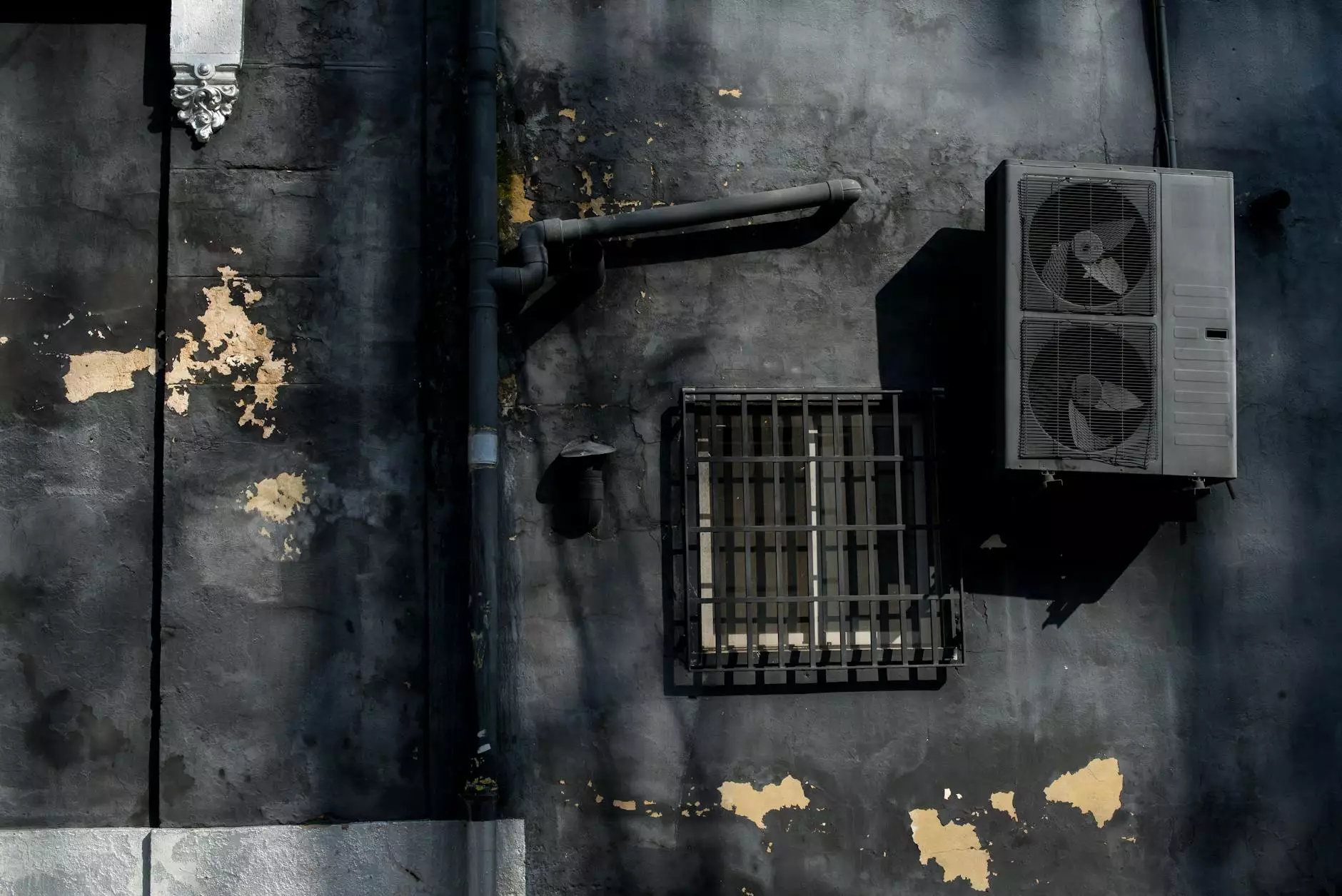Commercial Ventilation System Installation in Swansea

Effective ventilation is a critical component of any commercial building, ensuring a comfortable and healthy environment for employees and customers alike. In Swansea, businesses are increasingly recognizing the importance of a robust ventilation system, leading to a surge in demand for commercial ventilation system installation. This article provides an in-depth look at the benefits, types, and considerations for installing a commercial ventilation system in Swansea.
Why Choose Commercial Ventilation System Installation?
Opting for professional commercial ventilation system installation can significantly enhance the overall air quality and comfort of your space. Here are the key reasons to invest in these systems:
- Health Benefits: Proper ventilation reduces airborne contaminants, improving health and productivity.
- Odor Control: A well-designed system can eliminate unpleasant odors, creating a more welcoming environment.
- Energy Efficiency: Modern systems are designed for optimal energy use, reducing utility costs.
- Regulatory Compliance: Many industries have regulations regarding air quality; a proper system ensures compliance.
The Importance of Indoor Air Quality
Indoor air quality (IAQ) has become a crucial focus for businesses across all sectors. Poor IAQ can lead to a variety of health issues, including respiratory problems, allergies, and fatigue. Implementing a commercial ventilation system helps to maintain fresh air, thus improving the well-being of occupants. Here’s why IAQ is essential:
- Increased Productivity: Studies show that better air quality correlates with enhanced concentration and productivity levels.
- Reduced Sick Leave: With improved health comes fewer sick days, minimizing disruptions in your business operations.
- Enhanced Comfort: Comfortable working environments foster morale and employee satisfaction.
Types of Commercial Ventilation Systems
In Swansea, businesses can choose from a variety of commercial ventilation systems tailored to specific needs:
1. Mechanical Ventilation
This type uses fans and ductwork to distribute fresh air throughout the space. Mechanical systems can be:
- Supply Ventilation: Brings fresh air inside and exhausts stale air outside.
- Exhaust Ventilation: Removes indoor air to create a vacuum that pulls in fresh air from outside.
- Balanced Ventilation: Combines both supply and exhaust systems to maintain equal airflow.
2. Natural Ventilation
This system relies on open windows, doors, or vents to enable airflow. While it is energy-efficient, it may not be suitable for all environments, especially in urban areas with high pollution levels.
3. Hybrid Ventilation
A mix of mechanical and natural ventilation that utilizes the benefits of both systems. This option can optimize energy use while ensuring adequate air circulation.
Choosing the Right System for Your Business
When selecting a commercial ventilation system, it’s vital to consider:
- Size of the Space: Larger areas may require more extensive systems with higher capacities.
- Type of Operations: Different industries have different requirements; for example, restaurants may need more exhaust capabilities.
- Local Climate: Weather patterns in Swansea can influence ventilation needs.
- Budget: While it’s important to consider initial costs, also assess long-term energy savings.
Installation Process
The installation of a commercial ventilation system involves several steps, ensuring the system is tailored to your specific needs:
1. Assessment and Planning
Professionals conduct a thorough assessment of the space to determine the best system. This includes evaluating the layout, existing infrastructure, and specific ventilation needs.
2. Design
A detailed design is created, outlining the placement of ducts, vents, and equipment. This design phase is crucial for effective airflow and minimizing energy loss.
3. Installation
Once the design is approved, the installation begins. Qualified technicians will ensure that all components are correctly installed, adhering to safety standards and regulatory requirements.
4. Testing and Balancing
Post-installation, the system undergoes rigorous testing to ensure it operates efficiently. This involves balancing airflow and making adjustments as necessary.
Maintenance of Commercial Ventilation Systems
Regular maintenance is essential to keep your system running smoothly. Here are some key maintenance tasks:
- Regular Inspections: Check for blockages and ensure that all components are functioning.
- Filter Changes: Replace filters regularly to maintain optimal air quality.
- Duct Cleaning: Clean ducts periodically to prevent the buildup of dust and allergens.
- System Calibration: Regularly calibrate the system to ensure efficiency.
Benefits of Hiring Professionals for Installation
While some businesses may consider DIY installation, hiring professionals offers several advantages:
- Expertise: Professionals have the training and experience to ensure proper installation and compliance with local regulations.
- Time Efficiency: Expert installers can complete the job quicker than an inexperienced individual.
- Warranty Advantages: Professional installations often come with warranties, providing peace of mind for your investment.
Conclusion
Investing in a commercial ventilation system installation in Swansea is not just about compliance; it's about creating a healthy, comfortable, and productive environment. With a variety of systems available, understanding the benefits, options, and maintenance requirements can help business owners make informed decisions. By partnering with industry experts like DW Air, you can ensure that your ventilation system effectively meets the needs of your business while enhancing the overall indoor air quality. Don't let poor air quality hold your business back; take charge of your environment today!
commercial ventilation system installation swansea


